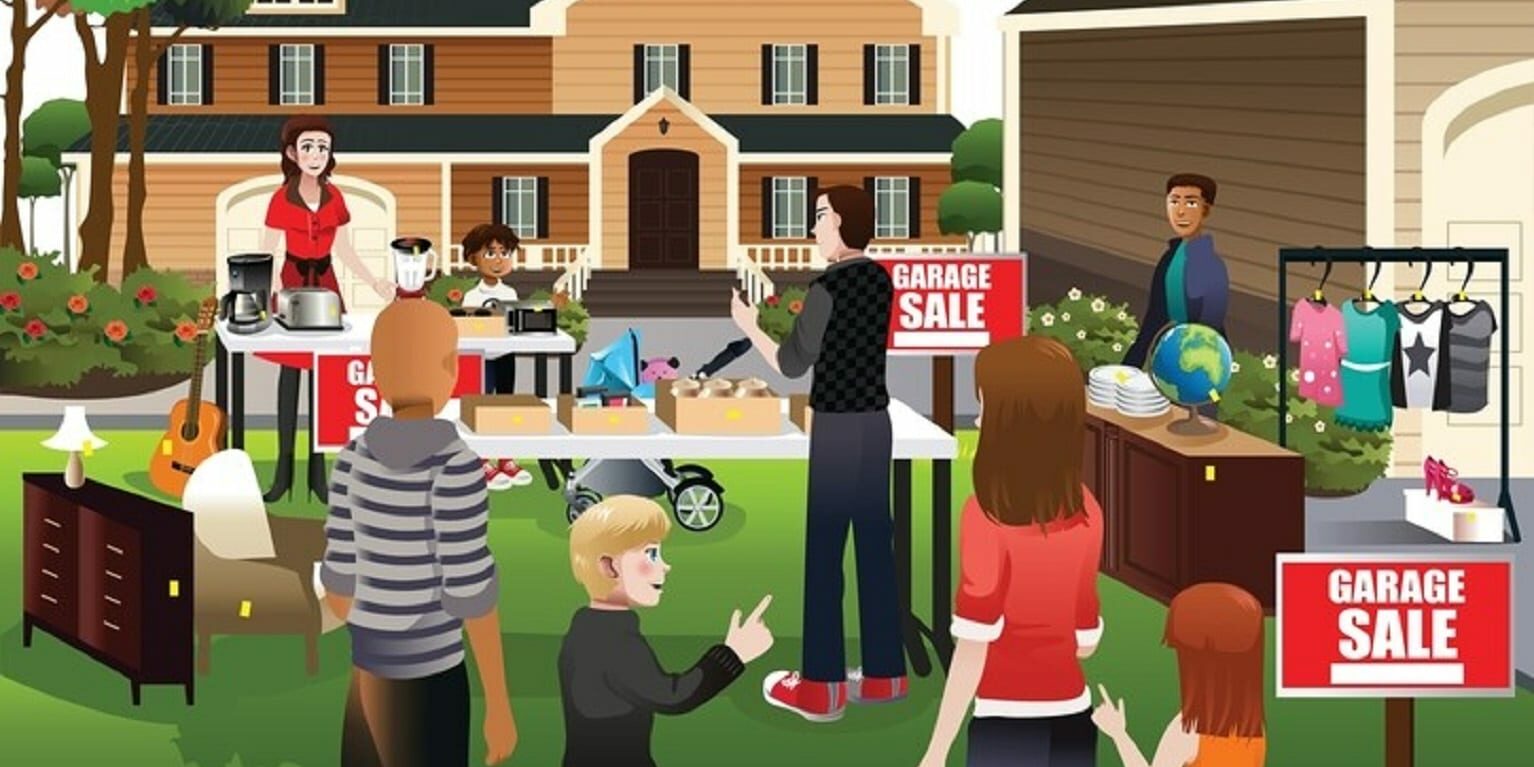The “CliffsNotes” version: Persons who are responsible for any building or lot with a public sidewalk are required to remove all snow and ice from the sidewalk within 24 hours after a snow or ice event. If ice can’t be removed, it must be kept sprinkled with salt or sand. If these requirements are not met, the city may have the work performed at a minimum cost of $100. Please see below for the city ordinance.
12.20.020 Snow and Ice Removal Required.
The owner, occupant, and person in charge of any building or lot fronting upon or adjoining any sidewalk shall remove all snow and ice from the sidewalk no later than twenty-four hours after a snow or ice event. When any ice is so formed on any sidewalk that it cannot be removed, then the responsible party shall keep the same sprinkled with salt or sand. If any such owner, occupant, or person in charge refuses or fails to comply with the provisions of this section within the time aforesaid, the city manager or an appointed representative may remove such snow or ice and the cost thereof shall be charged at a rate of one hundred dollars per hour, with a minimum charge of one hundred dollars. Work lasting more than one hour will be billed an additional twenty-five dollars. Any subsequent snow removal, which takes place within six months of the prior removal, will be charged at a rate of one hundred fifty dollars per hour, with a minimum charge of one hundred fifty dollars. Work lasting more than one hour will be billed an additional twenty-five dollars. If the city contracts the service out for snow and ice removal, the city shall bill back to the property owner the cost, for any labor, equipment, and material necessary to remove the snow and ice from the public sidewalk the rate of the cost of the contracted service, plus a ten percent administrative cost fee, or, at the city’s discretion, the street department’s going rate for time, materials and equipment. The cost of such removal shall be reported to the city clerk in writing with a description of the premises, and such costs shall be and become a special tax and lien against the premises, and if not previously paid shall be inserted by the city clerk in the next ensuing tax roll as a special tax against such premises; and such costs may, in the discretion of the common council, be collected by suit against the owner or occupant of the premises.
(Ord. 1474 §1, 2001: Ord. 1193 §1, 1990: Ord. 983 §54(part), 1982; Ord. 901 §1, 1978: Ord. 862 §1, 1976: prior code §6.01(8)).
(Ord. No. 1846A, § 1, 11-8-2012; Ord. No. 1993A, § 1, 2-4-2020)






















